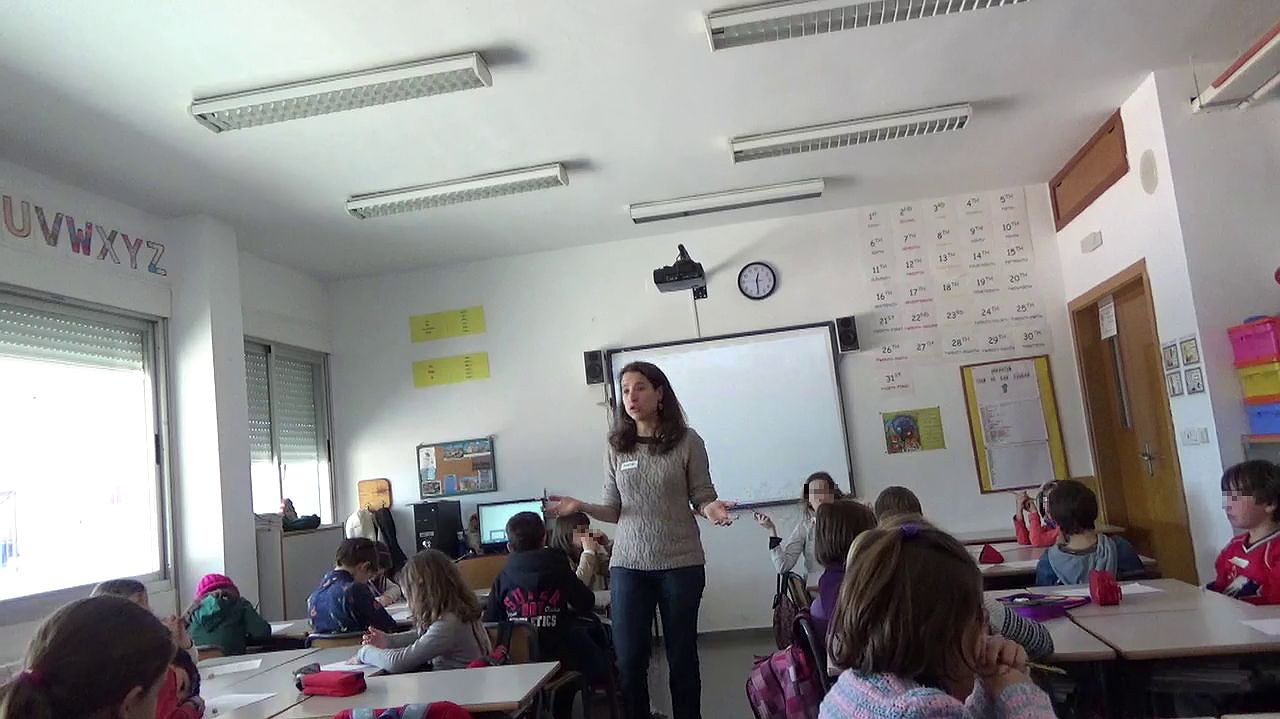Algebra

We are referring here to school algebra, pertaining to the levels of compulsory education in Spain. We adopted a multidimensional and therefore, broad approach to school algebra, which is currently shared by the research community. Kaput et al. (2008) argued that this view was essential when attempting to identify the ways in which algebra learning can be based on students’ prior skills and knowledge or can be included in the Primary Education curriculum. These authors insisted that a deep understanding of algebra, its relevance, its structure, and the meanings of fundamental algebraic concepts can only emerge from considering the multiple situations that make them meaningful. Likewise, these cannot be radically separated in education practice since a situation or context often triggers algebraic activities corresponding to different views of algebra (Drijvers and Hendrikus, 2003).
The multiple conceptions of algebra include generalized arithmetic, the study of functional relations and patterns, and the study of structures.









